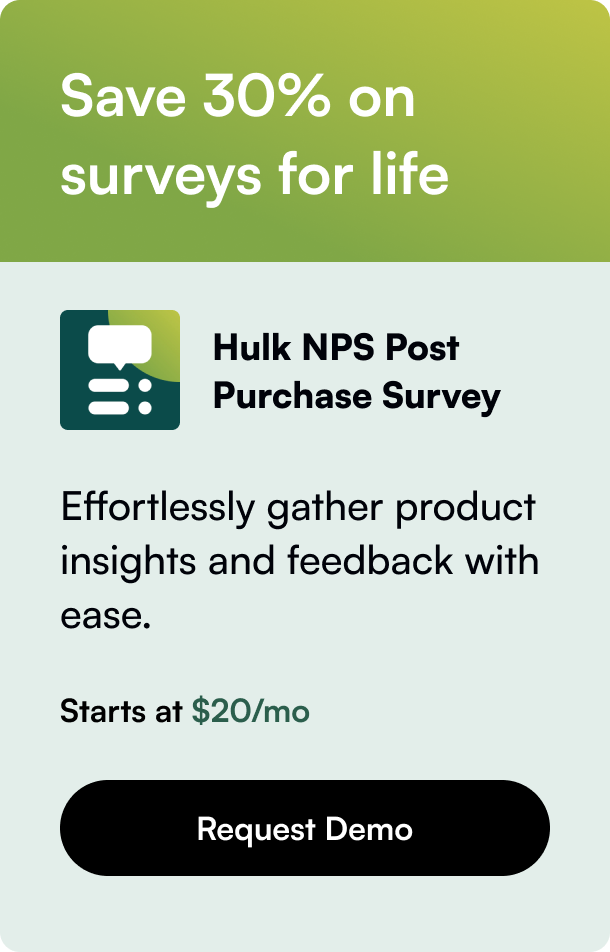Table of Contents
- Introduction
- Understanding GoDaddy and Shopify
- Key Features Comparison
- Advantages and Disadvantages
- Conclusion
Introduction
Deciding on the right platform for your online store can be quite challenging. With numerous e-commerce builders to choose from, two names often stand out: GoDaddy and Shopify. Both come with their own set of features and benefits that appeal to different users, but which one is truly a cut above the other for your online commerce needs? In this blog post, we'll meticulously dissect the features, pricing, ease of use, and customization options that each platform offers, guiding you toward making the right choice for your online store. Whether you're an established business or a budding entrepreneur, understanding the difference between GoDaddy and Shopify could be the key to your online success.
Understanding GoDaddy and Shopify
At first glance, GoDaddy and Shopify might seem to be competing for the same demographic—retailers looking to migrate their stores online or entrepreneurs embarking on new e-commerce ventures. But a deeper look reveals that each serves unique purposes:
GoDaddy—originally known for domain registration and web hosting—entered the e-commerce space by offering users an option to create online stores. Their focus has always been on providing small businesses with an affordable and straightforward solution for web presence.
Shopify, on the other hand, is a dedicated e-commerce platform designed to empower retailers with extensive tools and functionalities to set up, manage, and scale online stores. It’s recognized for its robust and flexible system, catering to businesses of all sizes.
Key Features Comparison
E-commerce Functionality
Shopify emerges as a true e-commerce specialist with its vast array of built-in online selling features. It supports an unlimited number of products, provides advanced inventory management features, and integrates with numerous payment gateways without additional transaction fees if using Shopify Payments.
On the flip side, GoDaddy's E-commerce plan, while suitable for less complicated stores, imposes a maximum product limit and may not offer as rich a set of e-commerce tools as Shopify.
Design and User Experience
Shopify outshines GoDaddy with a comprehensive range of professionally designed, mobile-responsive themes—true artworks crafted to cater to various industries. These themes can be freely customized through a user-friendly editor or, for the tech-advanced, using direct code edits.
GoDaddy, albeit offering a simpler design interface suited for beginners, may fall short on high-end design customizability, which might not sit well with brands seeking a unique storefront.
Performance and Reliability
Both platforms promise competitive uptime and page loading speeds. While GoDaddy pledges a 99.9% uptime guarantee, Shopify edges slightly ahead with a 99.99% uptime commitment, ensuring your store remains accessible around the clock.
SEO and Marketing Tools
Another area where Shopify excels is in its integrated SEO capabilities and marketing tools. Shopify's platform offers superior SEO features that are indispensable for high visibility in search engine rankings. Likewise, its marketing and analytics suite is more comprehensive than GoDaddy’s, providing detailed insights to fine-tune marketing strategies.
Pricing and Value
Pricing structures differ significantly between the two—Shopify’s plans are tailored to e-commerce scalability, potentially commanding higher fees but aligning perfectly with store growth and utmost functionality. GoDaddy caters well to budget-conscious start-ups with affordable plans, although these can be restrictive for expanding stores.
Support and Resources
Both GoDaddy and Shopify provide extensive customer support and resources. Shopify's 24/7 customer service is renowned in the industry, while GoDaddy offers a combination of support options, including 24/7 phone support and a wealth of online help documents.
Advantages and Disadvantages
Shopify
- Advantages: Scalable, Comprehensive E-commerce tools, SEO-friendly, Flexible design options
- Disadvantages: Higher price point, Learning curve for beginners
GoDaddy
- Advantages: Lower cost, User-friendly for beginners, Quick store setup
- Disadvantages: Limited E-commerce features, Less customization scope
Conclusion
Comparing GoDaddy to Shopify is like juxtaposing simplicity with robustness. If you are after a quick-to-launch, budget-friendly starter online store, GoDaddy may serve you well. However, for businesses rooted in growth, expansive product lines, and a customized online presence, Shopify stands as the optimal choice, armed with a semblance of tools and resources that buttress online retail success.
Your decision should align with not just your current needs but where you envision your online business in the long run. Shopify holds the reins to enterprise ambitions with unwavering support, while GoDaddy maintains the charm of straightforwardness and affordability—choose judiciously for your stride in the arena of digital commerce.
FAQs on GoDaddy vs. Shopify
-
Is Shopify good for beginners? Yes, while Shopify offers powerful tools, it also provides a user-friendly interface that is suitable for beginners.
-
Can I transfer my GoDaddy website to Shopify? Yes, while it involves several steps, you can transfer your domain and store content to Shopify.
-
Does GoDaddy charge transaction fees for sales? GoDaddy does not charge additional transaction fees, but standard payment processing fees will apply.
-
Can I use my own domain name with Shopify? Yes, you can purchase a domain through Shopify or connect an existing domain from another registrar.
-
Which platform is better for SEO? Shopify is generally considered to have stronger built-in SEO features than GoDaddy.








